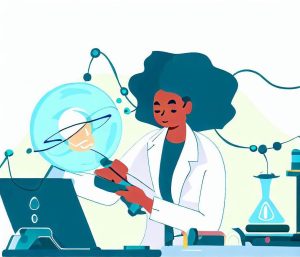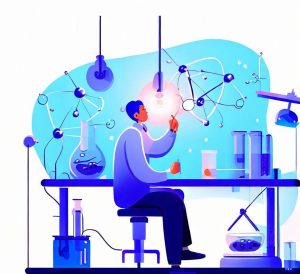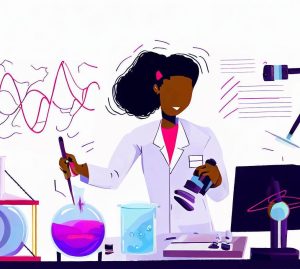Fascinated by a diverse and ever-evolving career in the STEM fields? Think about stepping into the role of a Physicist. This profession offers an expansive array of specializations and investigative opportunities. As a Physicist, you’ll delve into the fundamental laws that govern matter, energy, and the very fabric of the universe, addressing topics from quantum mechanics to cosmic phenomena. Whether you’re captivated by particle physics, astrophysics, or any of the various other branches of physics, there’s a specialized field awaiting you. Moreover, a career in physics enables you to partake in groundbreaking research while contributing to technological advancements and scientific understanding. If you’re eager to unravel the deepest mysteries of the universe and make a lasting scientific contribution, a career in physics could be your ideal pathway.
Check out our knowledgebase for more information. Are you looking for your dream job in STEM? Look here.





